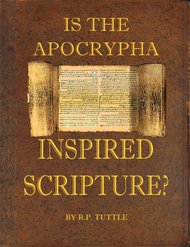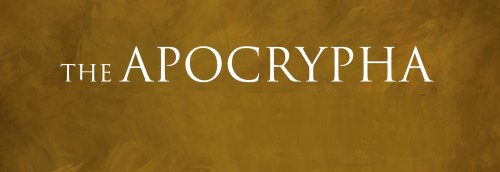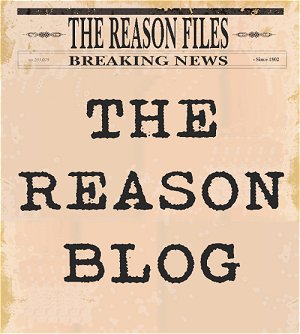
Although a PDF reader is necessary to open this file, most computers come with the Adobe PDF reader pre-installed. If your computer does not have this program, it is available as a free download from the Adobe Acrobat website.
| is_the_apocrypha_inspired_scripture.pdf |



 RSS Feed
RSS Feed
